The Devil You Know: A Black Power Manifesto
By YaMinco
Coming off Black History Month, I really pushed myself to think about how I could honor Black people, culture, and experiences 365 days a year. I decided that I wanted to control my own narrative in terms of what it means to be Black. So I intentionally sought out media that was created by Black folx for Black folx. Along the way, I came across an interview with Charles Blow talking about his new book: The Devil You Know. The title alone caught my attention. As I listened to Blow talk about the book, I was intrigued. While I initially thought to myself, “Wow this is audacious,” I was eager to learn more
The book opens up with Blow recounting the casual yet callous killing of George Floyd. The timing of which is not lost on me, as I am writing this post while listening to the opening statements of the trial of former Minneapolis Police Office Derek Chauvin. The first chapter lays out the context that led up to the Great Migration, and reveals that while some Blacks found economic progress and mobility by moving to these “destination cities,” there were many Blacks who never achieved the promise they so desperately sought out when they began their journey north. Over the decades that followed, Blacks learned—and Blow is very strategic in his honest awareness—that racism and anti-blackness was rampant throughout this country. Therefore, he argues, reverse migration might actually serve as a way to create a collective Black populous and, by proxy, Black Power that could be achieved by Blacks purposefully returning to the South. He never pretends that this is an easy feat, instead opting to explain how and why this should be explored by Blacks who are seeking a different lived experience in America.
Blow is cognizant of the fact that folx will find his reverse migration premise radical. He points out that no one seems to find it outlandish at all that whites have been and continue to be the majority in a vast number of states—even strategically moving to Vermont in the 60s and 70s and subsequently electing the most progressive politicians in any state during those years. Or that in the next thirty years Nevada, Arizona, New Mexico and Texas will also see the ascendance of Hispanics to majority status. He simply argues that in the same way that young white liberals moved in droves with deliberate political intent, young Blacks can and should move to what were once the Blackest states in the union to amass their own political power.
After all, for decades we’ve pleaded with white people for freedom, equality, civil rights, and to be treated as human beings. We’ve marched in the streets when Black lives are snuffed out unjustly, we’ve marched to the voting booth in search of a political leader who will provide us with a glimmer of hope, and we’ve prayed and hoped for better days. As someone deeply invested in Black liberation, I was moved by Blow’s charge to the young, gifted, and Black in America who he asserts have it within their power to be their own saviors, to craft their own liberty, to author a new narrative.
As a Black woman raised in the South, I for one feel an affinity to not only my people but also for my culture, for the promise of what the South can represent to so many of us longing for the restorative need for the collective Black family to reunite, to come on home.
